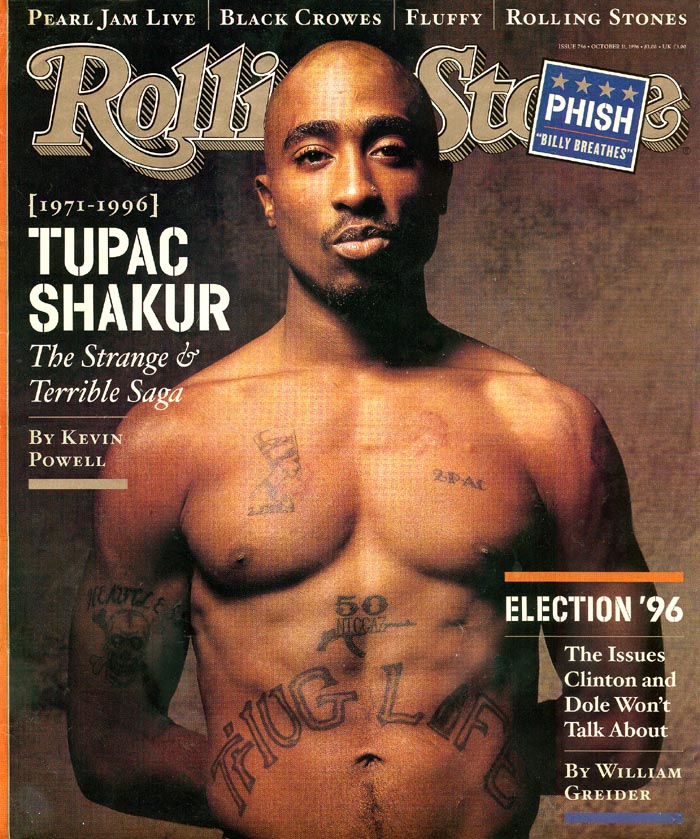"That evening, the three of us - me, Neeka, and D -
sat on my stairs, until we were too cold to shiver anymore.
This numbness came over us, and we didn't even have to
talk or curse or cry. Me and Neeka and D knew what we felt -
way deep past all the cold. Past the coming darkness."
When I was searching for books to read that focused on more multicultural topics, this one popped up in my Google search. It was a Newbery Honor book. One of my favorite rappers was even listed in the title. It was available in Swem. So, I went for it and checked the book out of the library, and figured it would be a stark contrast to Because of Winn-Dixie, the required book for realistic fiction. Something about reading this book was so much more realistic to me than Because of Winn-Dixie was. Part of me wondered where that sense of realism came from and if my hometown had anything to do with that. I realized that I knew people like the characters in this book, knew the setting, knew the topic matter. That came from going through a public school system where approximately 75% of students were on free/reduced lunch, where the teen pregnancy rate per capita was one of the highest in the state of Virginia (see chart below), and where school friends of mine were locked up for possession or gang violence by age 17.
In my high school, gang violence and teenage pregnancy and single-parents and hunger were all issues. REAL issues.
After Tupac and D Foster gives the reader three distinct lead characters - the narrator, Neeka, and D. I didn't realize this until I went to write this blogpost, but the narrator is never given a name. She relays all of the information to us in the first person throughout the book, but we never hear her mother or Neeka or D refer to her by a name. This is a somewhat coming of age story and portrays the life occurrences of Neeka, the narrator, and D from the time that they are 11 to the time that they are 13. It tells various stories - stories of low SES, stories about homosexuality, stories about black culture, stories of hardship, and stories of overcoming struggle. Although family plays a large role in this book, it is not the family of the narrator - the families of Neeka and D are woven into every page. Neeka is almost more a part of Neeka's family than she is of her own, and she acknowledges this by spending as much time at Neeka's house as possible. We as readers see Neeka's family blossom and learn so much about them - the passion that Jayjones has for basketball, the inner fight that Tash has (even as a gay man in prison), the love that Miss Irene has for all of her children, and more. I was extremely interested to see that the storyline of Tash was developed as much as it was, a storyline that directly tackles violence against homosexuals. Rather than having the story be extremely sad, the author Jacqueline Woodson let Tash come out of jail stronger than ever before. Normally, it would seem that books that target hip-hop culture would not also tackle issues of violence and homosexuality, but this book does.
The friendship that the narrator, D Foster, and Neeka have with one another is reminiscent of many friendships at that age, but somehow seems stronger than most because it is cemented by their common struggle with poverty, family issues, and their love of everything Tupac. The way that Jacqueline Woodson has these girls converse about Tupac made me wonder if Tupac was the name of another character in the story that they were friends with and not the infamous late rap artist. They talk about Tupac with a love and familiarity that can only mean that they are true fans. They talk about Tupac's song "Dear Mama" and relate it to their mothers. They talk about Tupac's song "Brenda's Got a Baby" and analyze it just like college students analyzing a work of literature in a 300-level English class. The entire novel's dialogue is written in African American Vernacular English, and that makes it extremely authentic to me - all of the words said and thoughts had seemed truly real. Jacqueline Woodson provides the three main characters, I think, to give each reader one to relate to. I related to the narrator, but I know that other friends of mine would have identified more with Neeka or with D Foster or even with Jayjones or Tash.
This book would not be appropriate for children in age classroom I'm planning on teaching to read, but would be a fantastic YA book for children in 6th/7th grade and older to read, as those are the types of students who would best be able to understand the experiences that occur and the mild bad language that is used.



No comments:
Post a Comment